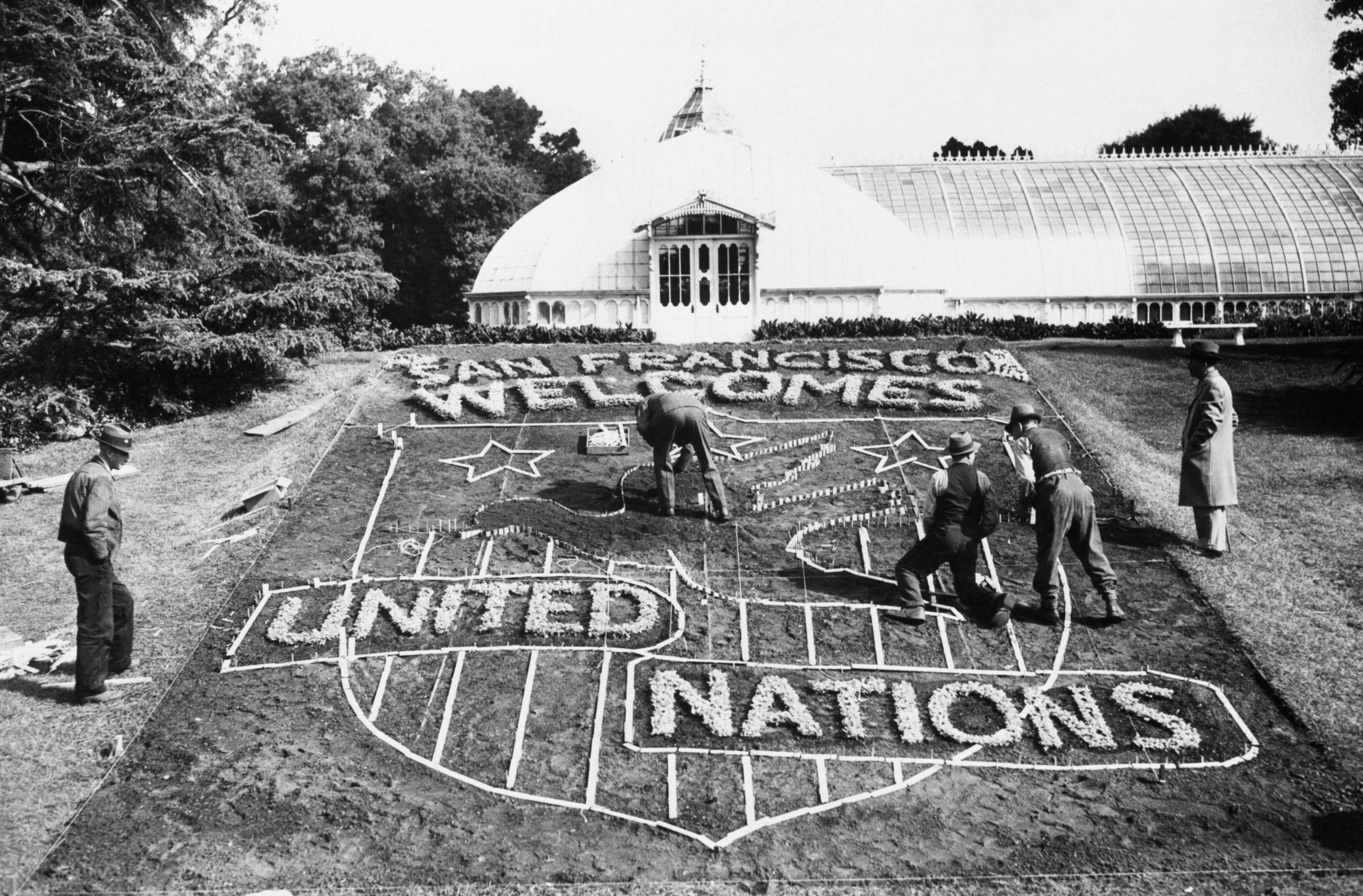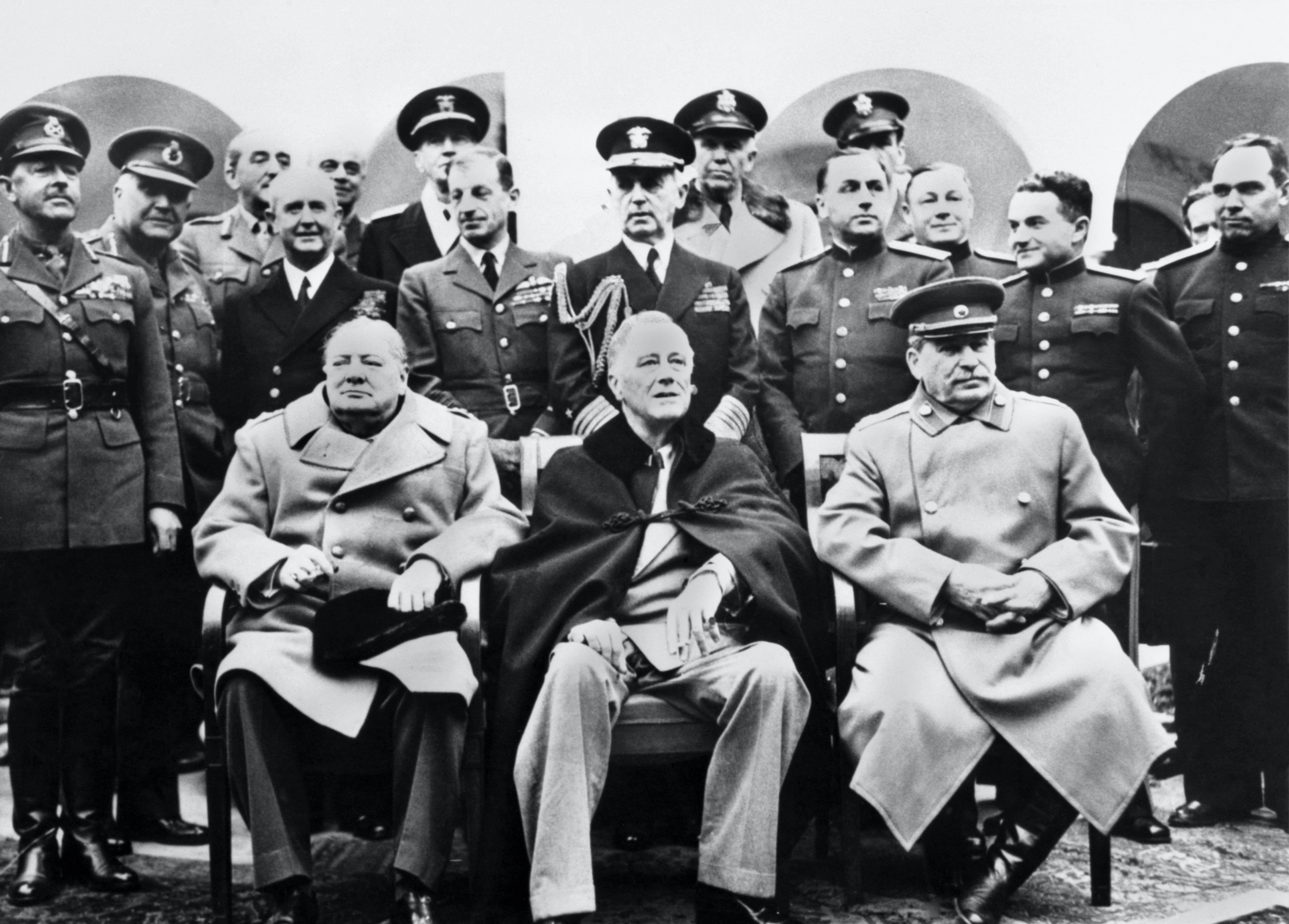
Politics & Society
The Kofi Annan I knew

It’s 75 years since the United Nations was formed in 1945 after the Second World War, and one of its major achievements is to have survived for so long
Published 22 October 2020
On Saturday 24th October, the United Nations will mark the 75th anniversary of its first meeting.
The global unanimity which greeted the UN’s formation in 1945 was the natural response to the horrors of the Second World War.

The first Article of the UN’s Charter makes this aim clear: “To maintain international peace and security, and to that end: to take effective collective measures for the prevention and removal of threats to the peace...”.
The Charter became the foundation for the wide-ranging and complex international system which has grown since then, and which is considered by some analysts to now be threatened.
But the Charter’s central aim has been reiterated repeatedly by Member States and also collectively through system-wide statements.

Politics & Society
The Kofi Annan I knew
For example, the remarkable Sustainable Development Goals adopted by the General Assembly in September 2015 includes as Goal 16 to “Promote peaceful and inclusive societies for sustainable development, provide access to justice for all and build effective, accountable and inclusive institutions at all levels”.
That excellent version of the peace goal nevertheless illustrates the tendency for incremental increases in the institution’s purposes.
One of the UN’s major achievements is to have survived for so long. Its survival is due to the lessons the founders learnt from the previous attempt at global governance.
The League of Nations failed because its membership wasn’t universal; it required unanimity to make decisions; it didn’t set conditions for use of force; and had few sanctions.

Roosevelt, Churchill and Stalin agreed on a far more sophisticated systemic structure in which their countries, plus China and France, have disproportionate power – permanent membership of the Security Council and a veto – to which the other 45 countries attending the San Francisco conference in mid-1945 reluctantly agreed because of their desperation for an inclusive peacebuilding system.
The system has worked sufficiently well to prevent another global war, but not well enough to prevent the mostly civil wars which are now at a post-war peak of over 50 a year.
A major constraint on another military cataclysm has been the threat of annihilation posed by nuclear weapons, the existence of which wasn’t known by even most American delegates before Hiroshima.

Politics & Society
Daring to resolve conflicts without war
The first resolution adopted by the first meeting of the General Assembly, in early 1946, was a call for nuclear disarmament.
That and many later attempts to negotiate decisive action have adopted constraints, such as the Non-Proliferation Treaty, but none had been successful in outlawing them until the International Campaign to Abolish Nuclear Weapons (ICAN) which was formed at the University of Melbourne in 2007.
ICAN was successful in advocating the adoption of a Treaty to Prohibit Nuclear Weapons which was passed by the required two-thirds of Member States present and voting at a meeting of the General Assembly in July 2017.
No nuclear states have ratified the Treaty yet, but when three more countries join the 47 which have ratified the Treaty, it will become a formalised condemnation of their failure so far to do so.

ICAN was awarded the Nobel Peace prize in 2017 for the achievement of this step.
Other major issues with which the UN has become centrally involved are decolonisation, economic and social development, human rights, and the environment. Each of these have subsets which have dominated large slices of time.
The political wave of independence in the 1950s and 1960s transformed the economic opportunities for the former colonies and the composition of the UN General Assembly and Economic and Social Council (ECOSOC) so that their principal concerns became economic and social development and justice.

Politics & Society
Australia’s place at the human rights table
The newly independent countries sought and achieved the enlargement of the number of elected members of the Security Council and the membership of ECOSOC.
However, their powers within the International Monetary Fund and World Bank remain severely disproportionally constrained – an injustice amongst several that require decisive reform.
An early normative achievement was the drafting and adoption by the General Assembly of the Universal Declaration of Human Rights in December 1948. This was accepted by the powerful countries because a declaration involved no compulsion to conform.
However, NGOs and scholars have been such insistent advocates that many countries comply.

Conventions stating explicit human rights of categories of people such as ethnic minorities, refugees, children, women, people with disabilities, have been adopted, and the human rights’ institutions have been strengthened – which make clear that much more action is still required within many countries.
The UN’s platforms have been the forums through which the climate change control advocates have argued the global case for reducing greenhouse gas emissions.
The struggle to find effective tactics has led to a substantial upgrading of mechanisms by including scientific experts, corporations and international environmental NGOs in the debates motivated by the intensely different national interests of major polluters and countries desperate to improve living standards.

Politics & Society
A life on the frontline of refugee crises
Fortunately, technologies have improved, and costs of renewable energy production techniques have fallen dramatically, offering many ways of reducing strategic conflict.
But in some countries, like Australia, resistance to compulsory emission standards remains obdurate.
The issues with which the UN has to struggle are complex.
Serious mistakes have sometimes been made – though more often by hubristic, ignorant, and dogmatic Member States than by Secretariat misjudgement. But the search for effectiveness, efficiency, and diplomatic empathy must always continue.
I write this after five years as divisional Director for Social Policy and Development within the UN Secretariat in New York; then two years as representative of the International Labour Organization to the UN; and fifteen years as a lecturer to graduate students on the subject.
This has been a wonderful opportunity to pass on the inspiration and professional expertise which comes from working within an ethical organisation committed to global solidarity, and the legitimacy that comes from almost universal membership.
John Langmore is retiring at the end of 2020. He has been appointed to continue as an Honorary Professorial Fellow in 2021.
Banner: Getty Images